
Swiss president pays tribute to ‘man of peace’ Gorbachev
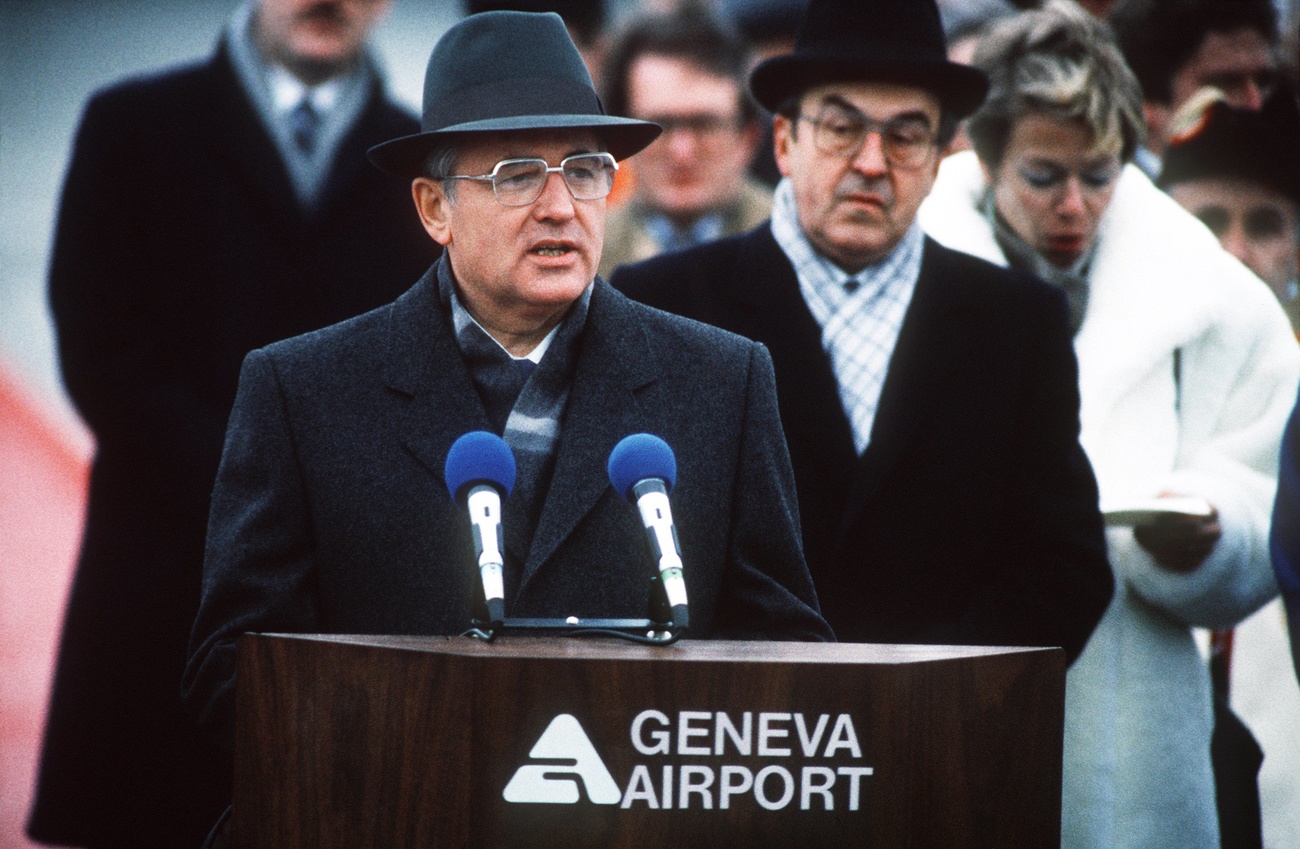
Mikhail Gorbachev, who set out to revitalise the Soviet Union but ended up unleashing forces that led to the collapse of communism, the break-up of the state and the end of the Cold War, died on Tuesday after a long illness. He was 91.
Though in power less than seven years (1985-1991), Gorbachev unleashed a breathtaking series of changes. But they quickly overtook him and resulted in the collapse of the authoritarian Soviet state, the freeing of Eastern European nations from Russian domination and the end of decades of East-West nuclear confrontation.
Swiss Foreign Minister Ignazio Cassis, who holds the rotating Swiss presidency this year, paid tribute to Gorbachev:
Switzerland joins the world in mourning a man of peace. Mikhail #GorbachevExternal link changed the course of the 20th century. He will be remembered as a global leader who represented freedom and hope – values the world crucially needs today.
— Ignazio Cassis (@ignaziocassis) August 31, 2022External link
Gorbachev visited Switzerland several times during his career. In 1985, for example, a key meeting with US President Ronald Reagan took place in Geneva.
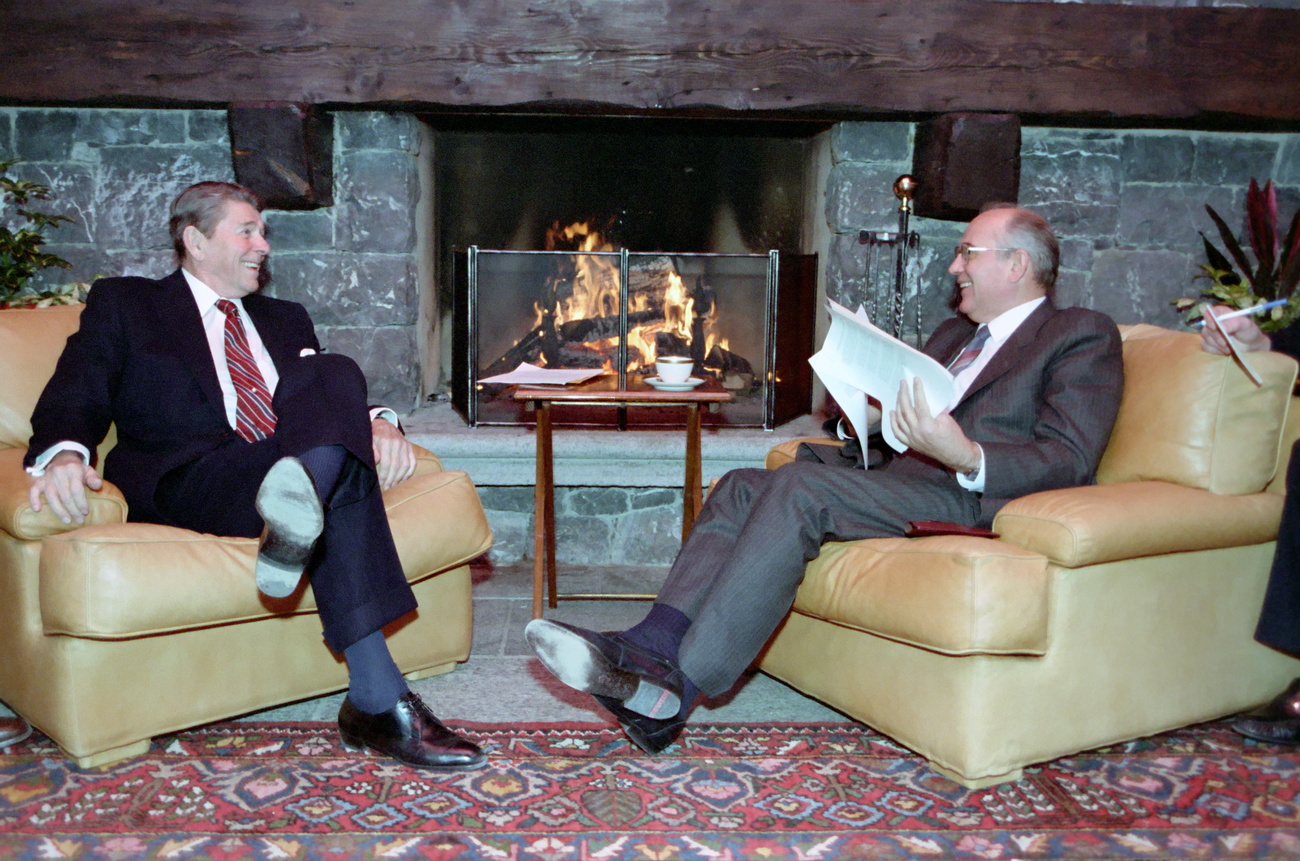
The meeting, at which the two superpowers discussed nuclear disarmament, is considered a turning point in the Cold War. Further negotiations took place in the following years.
In December 2000 Gorbachev called for the fight against weapons of mass destruction in front of the Swiss parliament. He had visited Bern a year earlier as part of the 4th Eastern Europe Meeting.
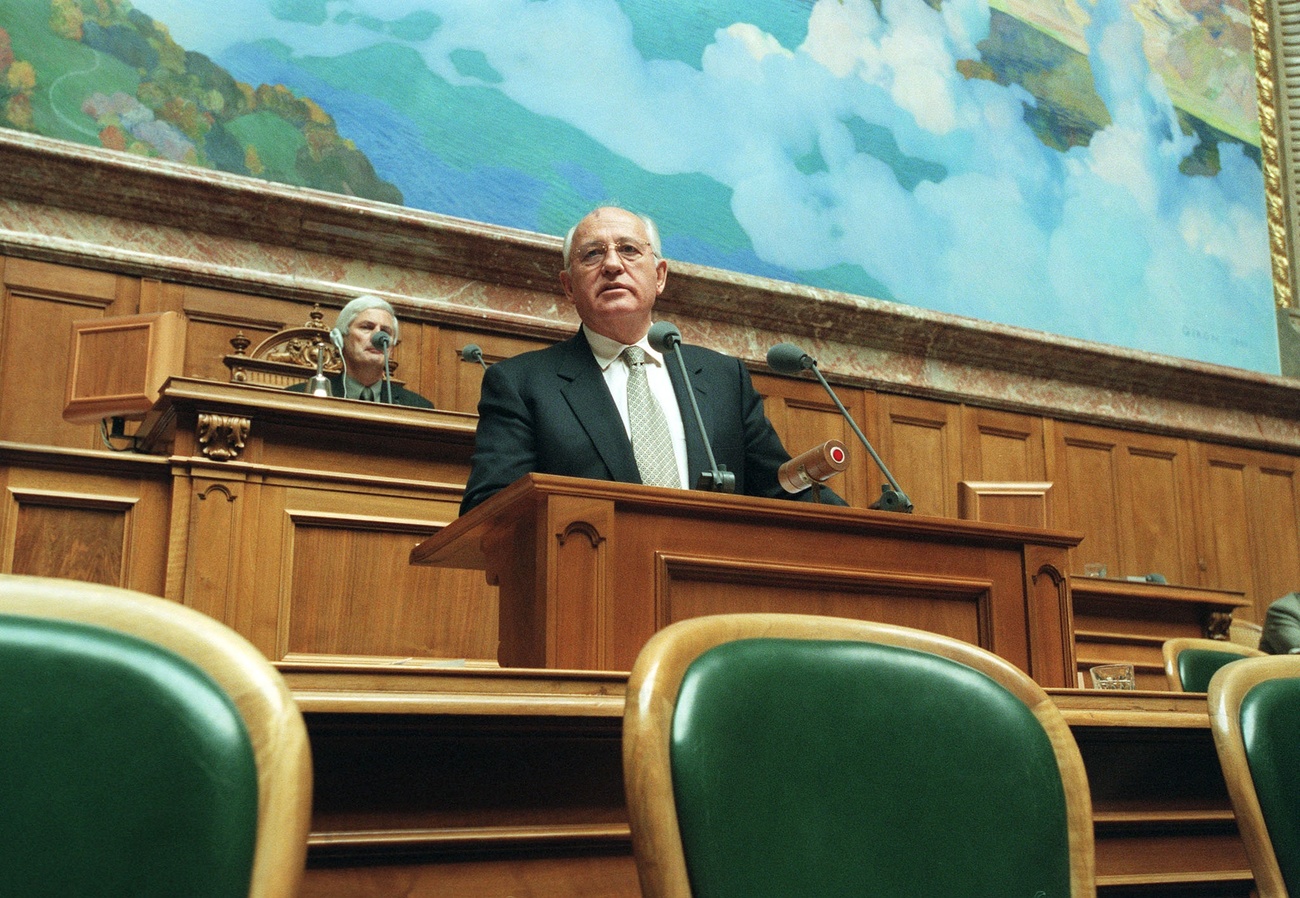
He also travelled to Switzerland in his capacity as president of Green Cross International, which he founded. He inaugurated the operational centre of the international environmental organisation in the Geneva suburb of Goms in 1993.
Gorbachev also experienced the Swiss health system personally. He was expected to attend a Green Cross charity dinner in Lucerne in 1997 but had to be hospitalised because of allergies.
Unpopular in Russia
Gorbachev’s tenure was filled with rocky periods, including a poorly conceived anti-alcohol campaign, the Soviet military withdrawal from Afghanistan and the Chernobyl nuclear disaster. He also defended Putin’s annexation of Ukraine’s Crimean peninsula in 2014. His statements led Ukraine to ban him from entering the country for five years.
But starting in November 1985, he began a series of attention-grabbing summit meetings with world leaders, especially US Presidents Ronald Reagan and George Bush, which led to unprecedented, deep reductions in the American and Soviet nuclear arsenals.
He won the 1990 Nobel Peace Prize for his role in ending the Cold War and spent his later years collecting accolades and awards from all corners of the world. Yet he was widely despised at home.
Russians blamed him for the 1991 implosion of the Soviet Union – a once-fearsome superpower whose territory fractured into 15 separate nations. His former allies deserted him and made him a scapegoat for the country’s troubles. His run for president in 1996 was a national joke, and he polled less than 1% of the vote.
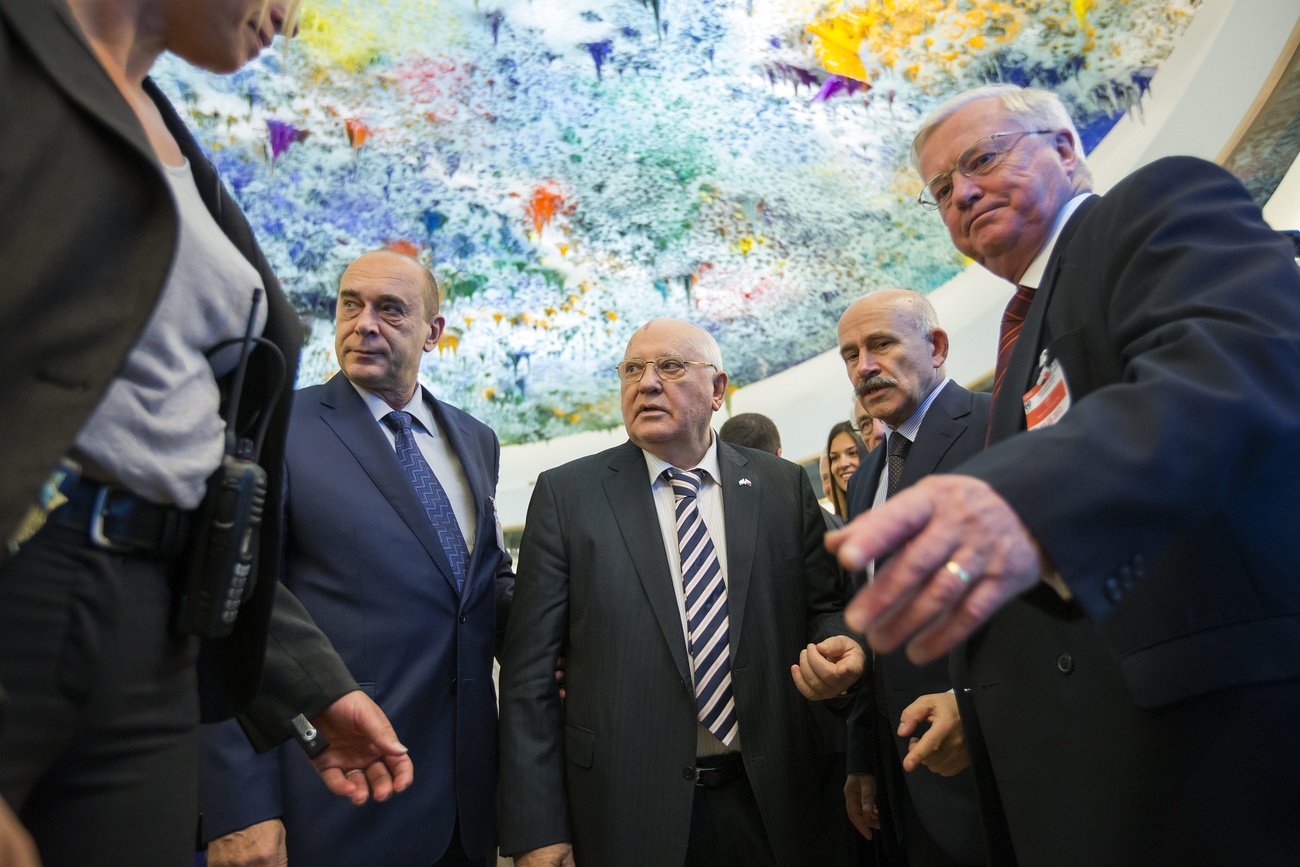
‘Cultured and intelligent’
“With the collapse of the Communist Party, its highest leader also had to go,” former Federal Councillor René Felber said ten years later. Felber, from the left-wing Social Democratic Party, was foreign minister at the time of the resignation and met Gorbachev on several occasions.
“Mr Gorbachev is a very cultured and intelligent man,” he said. “He understood the importance of Russia’s opening up to the West.”
Mikhail Gorbachev’s death was mourned for the loss of what world leaders described as a rare leader who brought global change and at the time a hope for peace among the superpowers.
In a statement US President Joe Biden called Gorbachev a “man of remarkable vision” who had “the imagination to see that a different future was possible and the courage to risk his entire career to achieve it. The result was a safer world and greater freedom for millions of people”.
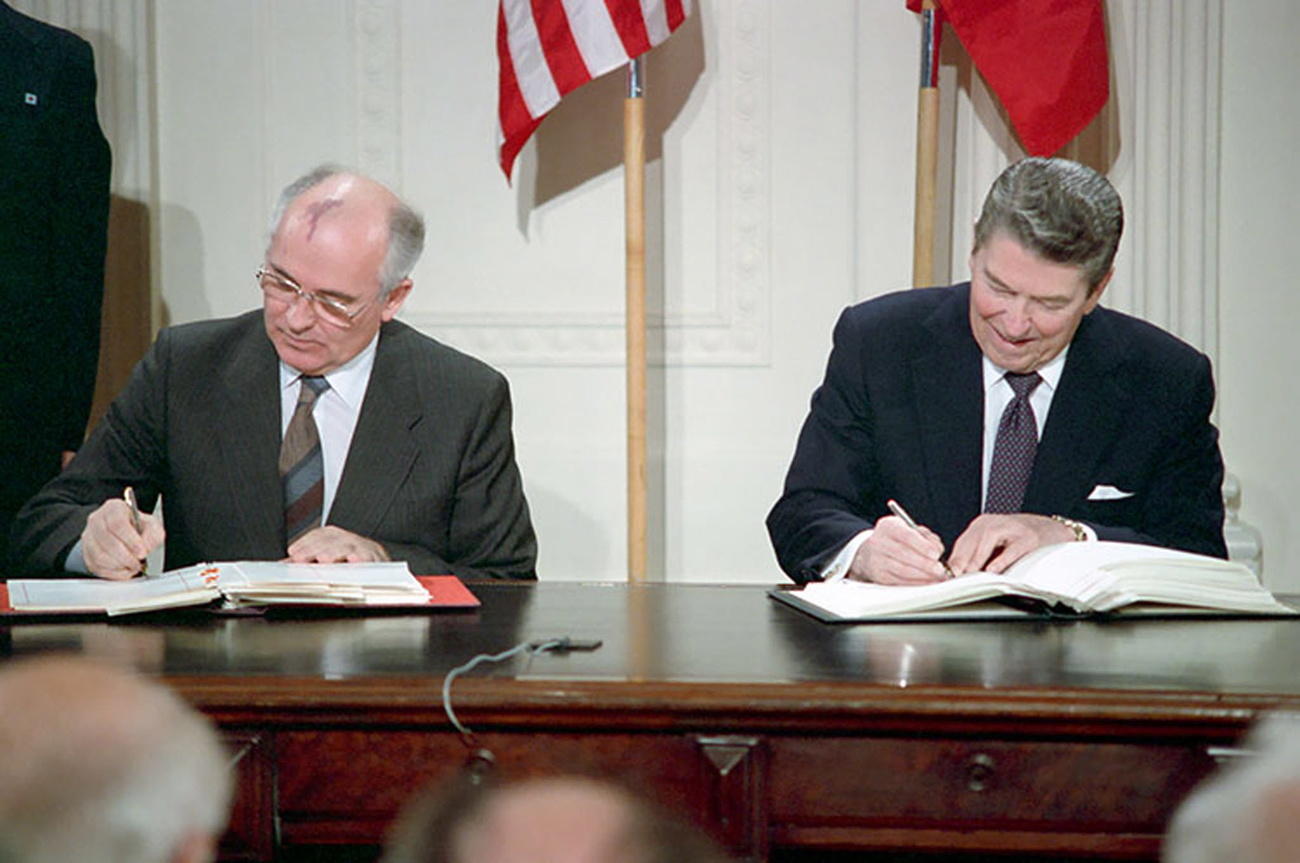
More
Foreign ministry ‘regrets’ demise of key Cold-War era arms deal

In compliance with the JTI standards
More: SWI swissinfo.ch certified by the Journalism Trust Initiative
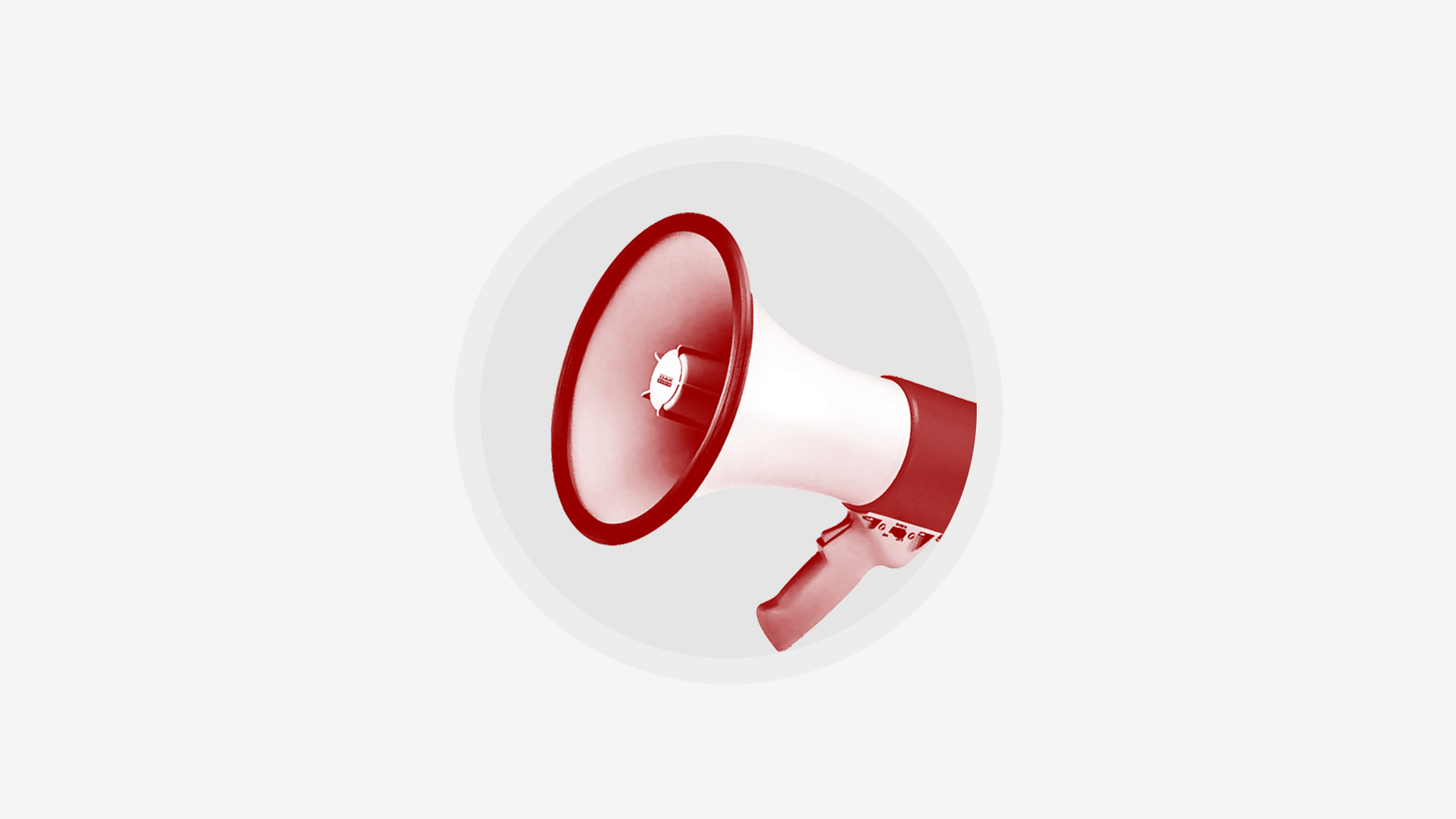

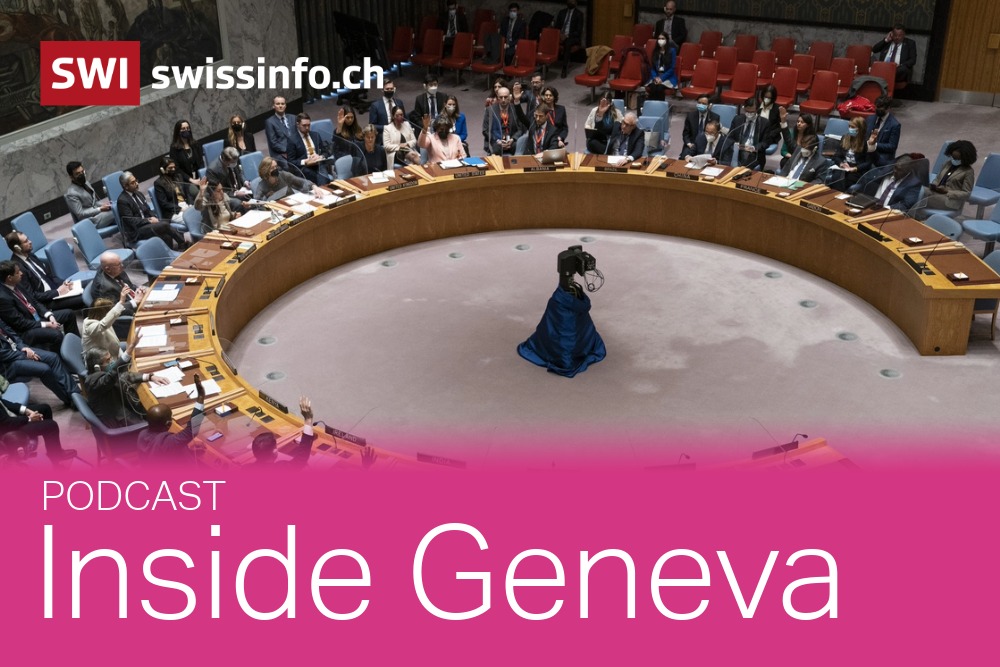












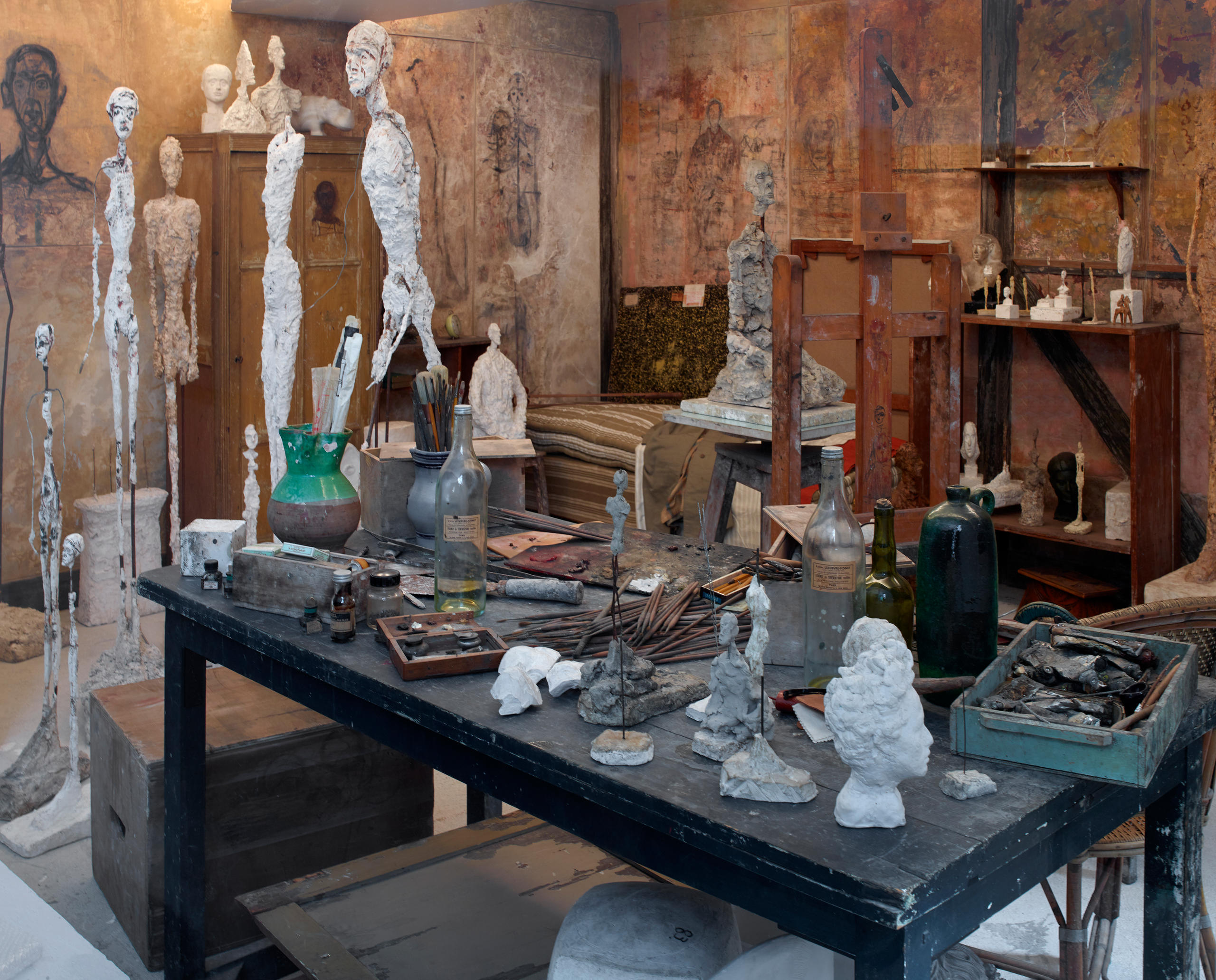


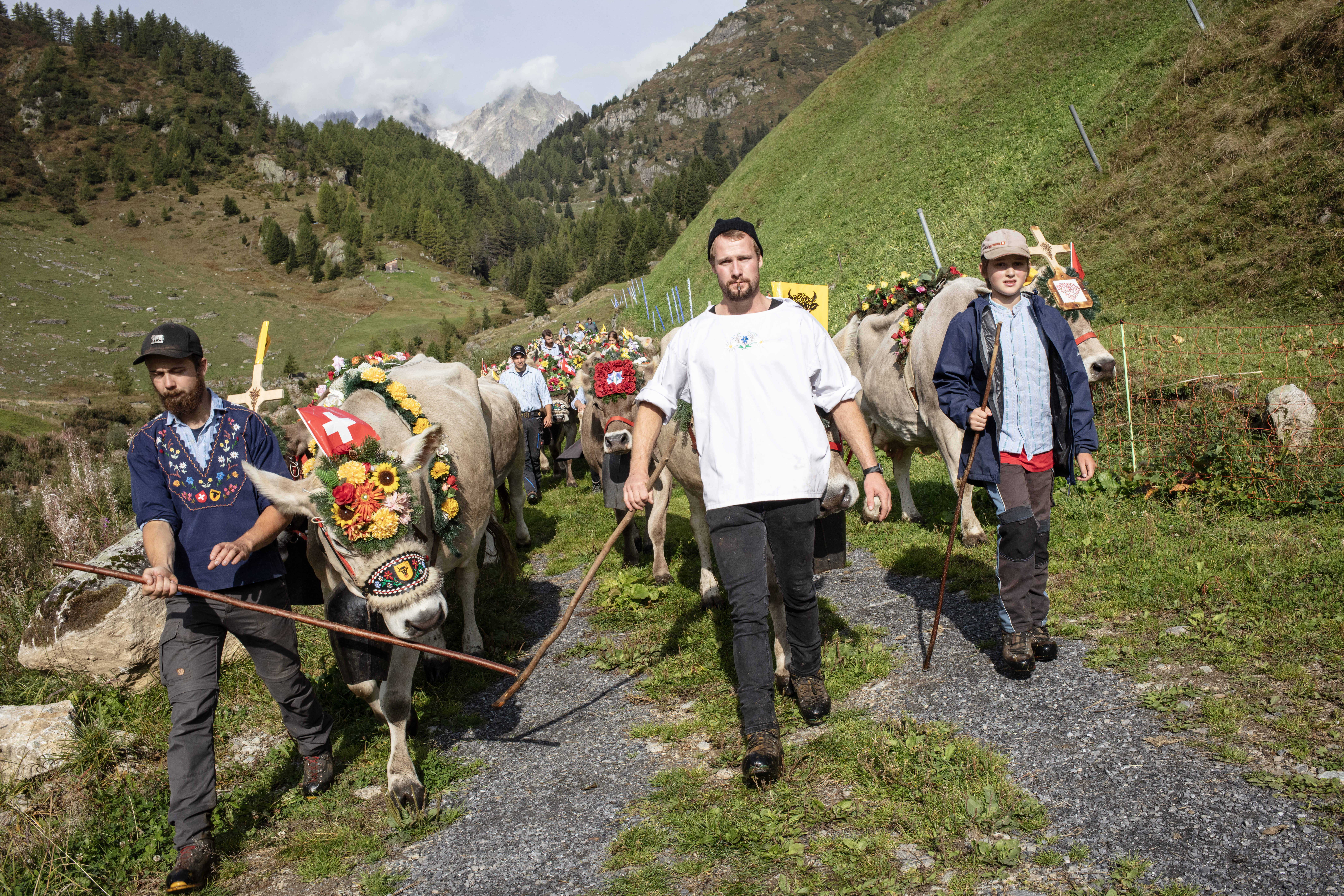








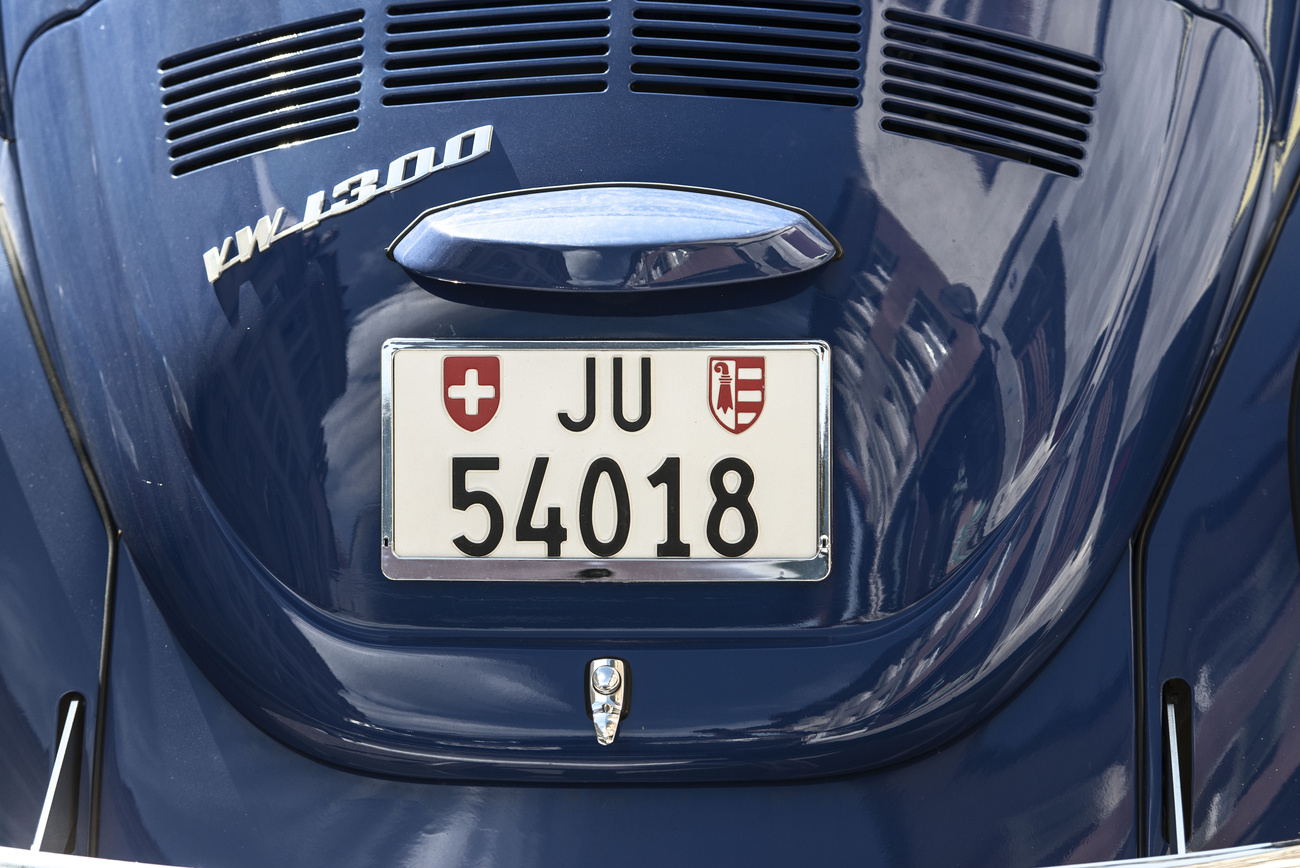
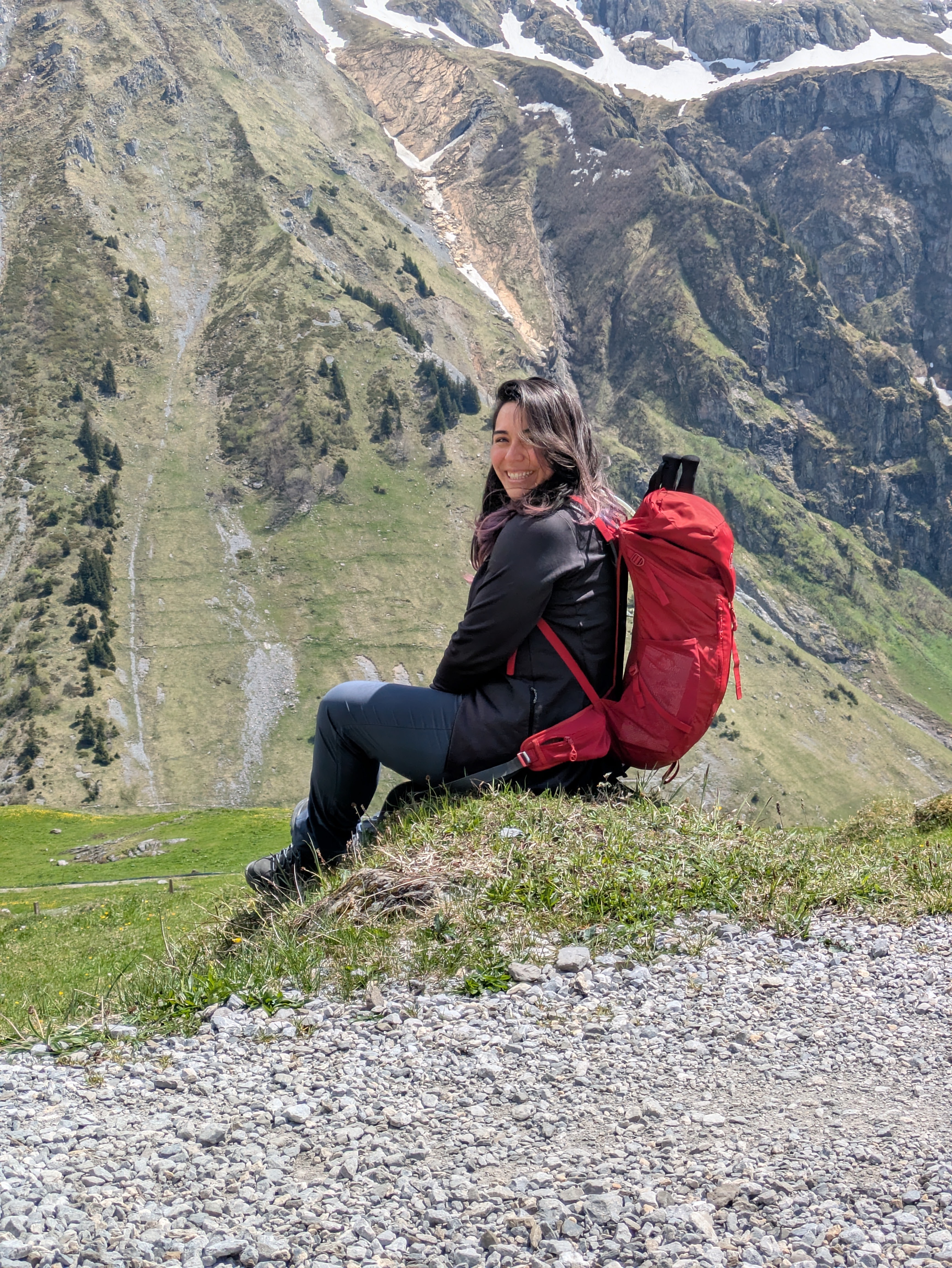

You can find an overview of ongoing debates with our journalists here . Please join us!
If you want to start a conversation about a topic raised in this article or want to report factual errors, email us at english@swissinfo.ch.